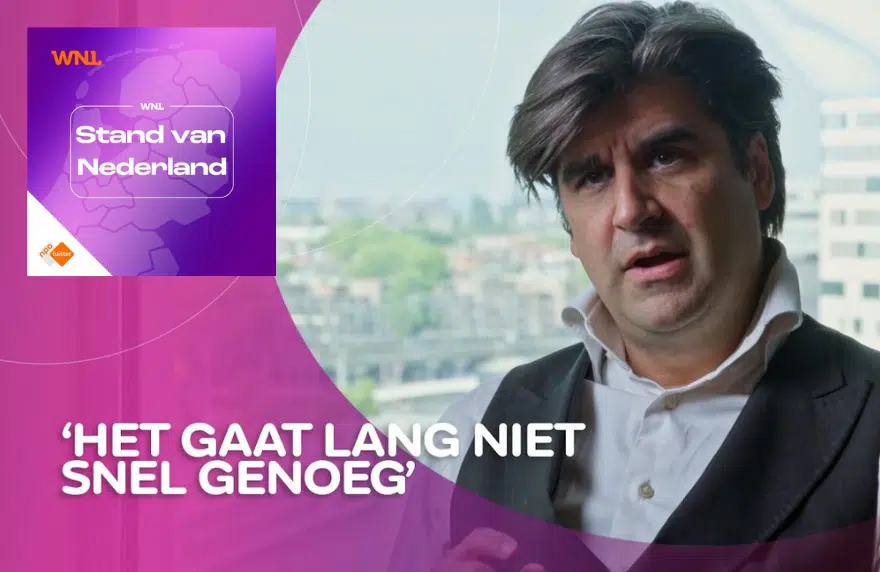Het gaat hele grote gevolgen hebben voor de conflicten van de toekomst: Robotica en autonome systemen. Daar gaat het over in deze eerste serie afleveringen van De Strateeg. Gaan de ontwikkelingen op dit gebied ertoe leiden dat mensen straks in oorlogen helemaal niet meer nodig zijn op het slagveld? In aflevering 2 van De Strateeg spreekt Paul van Liempt daarover met Patrick Bolder en Tim Sweijs, beiden van het Den Haag Centrum voor Strategische Studies (HCSS).
Autonome wapensystemen, daar zijn heel veel mensen bang voor. Killer robots met een eigen wil, dat zouden het kunnen worden, denken zij. Maar er zijn ook genoeg fans! Want we sturen bijvoorbeeld toch liever een machine het slagveld op dan een mens? Met kunstmatige intelligentie kunnen we namelijk heel veel positieve dingen doen, om het leven van militairen een stuk gemakkelijker te maken.
Eén ding is zeker: de conflicten van de toekomst worden door ontwikkeling van robotica en autonome systemen radicaal anders dan we gewend zijn. Hoe moet Nederland zich opstellen op dit gebied? Doen we al genoeg, of moet er veel meer in deze technologie geïnvesteerd worden? Kunnen we nog in de buurt komen van landen die hier al heel ver mee zijn? Wat voor wapensystemen zijn er nu al beschikbaar en wat is er nog in ontwikkeling? Die vragen, en nog veel meer, beantwoorden Tim Sweijs en Patrick Bolder in deze aflevering van De Strateeg.
Gasten:
Tim Sweijs, research director bij het Den Haag Centrum voor Strategische Studies.
Patrick Bolder, strategisch analist bij het Den Haag Centrum voor Strategische Studies en Luitenant-kolonel van de Koninklijke Luchtmacht.
Over deze podcast:
Podcast De Strateeg verschijnt eens in de twee weken bij BNR, abonneer je via bnr.nl/destrateeg om geen enkele aflevering te missen, of luister via de BNR App, Spotify, Apple Podcasts of je eigen podcastapp. Luister aflevering 1 hier terug: “Ethisch zijn, of blijven leven?”






